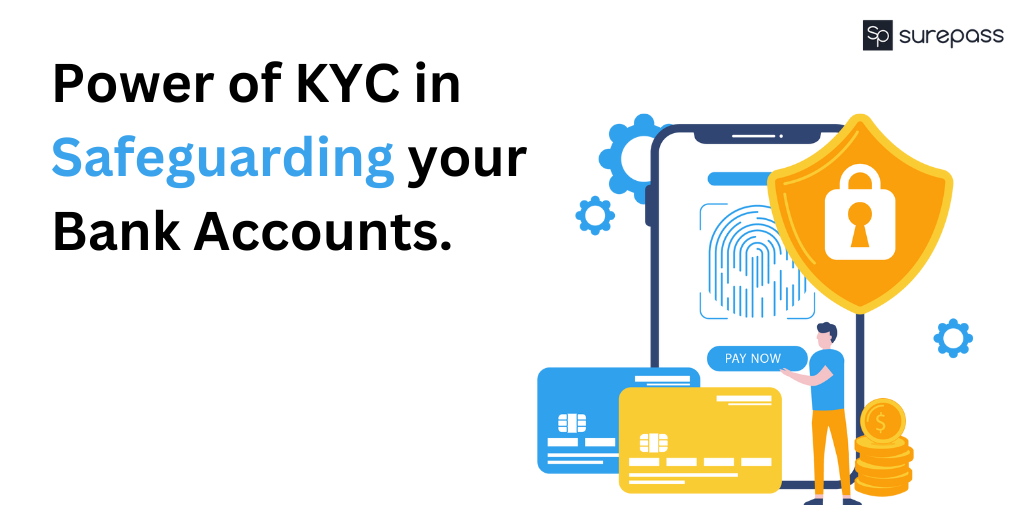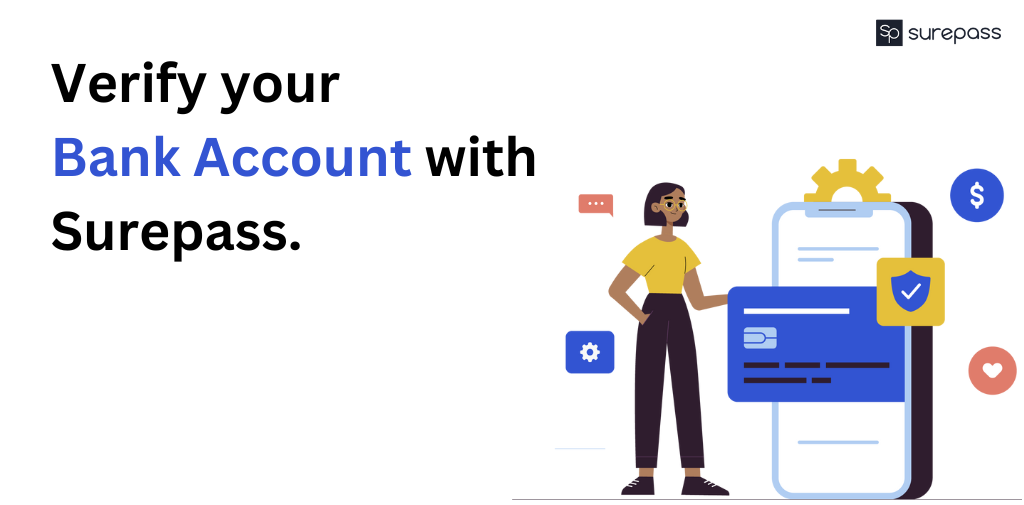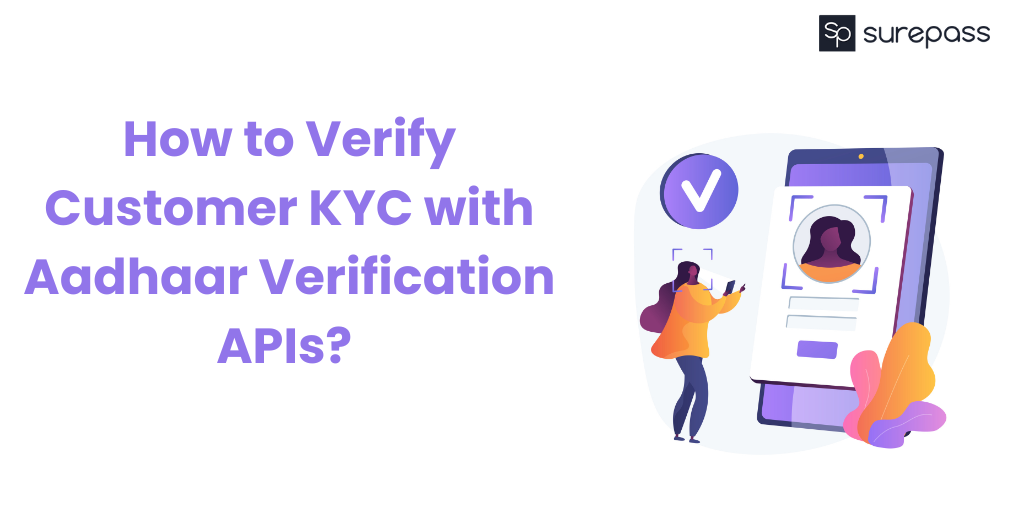In banks or any other financial organization, Know Your Customer (KYC) has emerged as a crucial procedure for both organizations and consumers in the digital era when online transactions and digital identification are becoming more and more common. To stop fraud, money laundering, and other illegal actions, KYC acts as a tool to confirm people’s identities. This article will give you detailed knowledge about KYC in the banking system.
Bank KYC
Know Your Customer (KYC) can also sometimes be referred to as Know Your Client. When creating an account and on a regular basis after that, the client’s identity must be identified and verified through a procedure called KYC, or KYC check.
In other words, banks need to make sure that their customers are indeed who they say they are.
If a customer does not comply with the minimal KYC criteria, banks may refuse to create an account or terminate a business relationship.
What is KYC in Banks?
The KYC processes that banks specify include all the steps required to confirm that their clients are real and to assess and manage risks.
These client-onboarding procedures aid in the detection and prevention of illicit corruption, terrorism financing, and money laundering.
Identification document verification, face verification, document verification using utility bills as evidence of address, and biometric verification are all part of the KYC process.
To reduce fraud, banks must abide by KYC and anti-money laundering requirements. The banks are responsible for KYC compliance. If you don’t comply, you might face severe fines.
Bank KYC meaning
KYC checks are carried out using independent and trustworthy sources of documentation, information, or data. Each client must submit documentation proving their identity and address.
The Financial Crimes Enforcement Network (FinCEN) of the United States imposed a new requirement in May 2018 that banks verify the identities of natural people of legal entity clients who own, control, and benefit from businesses when those organisations open accounts.
A corporate organisation must give Social Security numbers, copies of picture IDs, and passports for everyone of its workers, board members, and shareholders when opening a new account.
Bank KYC Online
The term “Electronic Know Your Customer” (eKYC) refers to a procedure used in India where the customer’s identity and address are electronically confirmed using Aadhaar authentication. India’s nationwide biometric eID programme is called Aadhaar.
eKYC also includes data extraction from government-issued smart IDs (with a chip) with physical presence, information collection from IDs using optical character recognition, and the use of verified digital identities and face recognition for online identity verification.
Bank KYC Requirements
Depending on the regulatory environment in the nation where the bank operates and the particular policies and procedures of the bank, the requirements for a bank’s KYC process might change.
It’s vital to remember that legislative specifications and the particular paperwork needed for KYC may change over time and differ greatly depending on the jurisdiction. In order to reduce the danger of financial crime, banks are responsible for adhering to local laws and performing due diligence on their clients.
As a result, consumers should always verify the most current and detailed KYC requirements with their local banks before opening new accounts or making substantial financial transactions.
Automate your KYC Process & reduce Fraud!
We have helped 1000+ companies in reducing their user onboarding TAT by 95%
Bank KYC Documents
Documents needed for bank KYC must be supplied as hard copies or scanned copies. KYC requires two main categories of documents: identification and address proofs, which can overlap but typically differ. The following documents are necessary:
-
To prove your identity in Bank KYC
- Aadhar cards include a UID or unique identifying number.
- You may also use your passport, driver’s license, or voter identification.
- Your PAN card, complete with a photo.
- A crucial document with the applicant’s picture on it. The State or Central Governments must issue this.
- Any kind of identification issued by public financial institutions, public sector organizations, or scheduled commercial banks.
- Last but not least, you can use identification cards that your college issues if it is linked with universities or any document issued by a professional organization like the ICWAI, ICAI, Bar Council, ICSI, etc.
- Any credit or debit card that a bank issues to a person and has the person’s name and address on it.
-
For Address Proof in Bank KYC
- A voter’s card/Passport/Driving License/ Registered Sale Agreement is required or a Lease on residence/Maintenance bill of the flat is valid too.
- Your electricity or gas bill, telephone bill, and bill for water consumption are valid too. These bills must not be more than three months old.
- A self-declaration provided by the supreme or high court judges gives the applicant a new address which might be required in case the applicant is convicted for any reason.
- Address proof for KYC can also be issued by any of the following entities: the bank managers of Scheduled co-operative banks/scheduled commercial banks/ Gazetted Officers/ Multinational Foreign Banks/Notary public/Documents issued by any Statutory Authority or government/any representatives that have been elected to the Legislative Assembly or Parliament.
- An identity card by any of the following entities: Statutory/Regulatory Authorities, Public Financial Institutions, Public Sector Undertakings, Central and/or State Government or any of its Departments, Scheduled Commercial Banks.
- Finally, identity cards with the address printed on them issued by your college, provided that college is affiliated with Universities or any identification document provided by professional bodies like the ICWAI, ICAI, Bar Council, ICSI, etc. to students.
- For any sub-account or FII, the Power of the Attorney that is given to the Custodians by the FII/sub-account with the registered address needs to be taken.
- Address proof for KYC in the name of your spouse is valid too.
Bank KYC Process
Processes for KYC verification fall into two categories. It is a matter of convenience as to whether one picks one type over the other because they are both equally authentic.
- Bank KYC Online
It is the first sort of KYC verification, which is very practical for anyone with broadband or an internet connection. For this kind of KYC, you must upload a scanned copy of the genuine Aadhar card. The maximum annual investment you may make in a mutual fund using Aadhar-based KYC is 50,000.
- Person-to-person KYC
On the other hand, offline processes are used for in-person KYC verification. You can opt to accomplish this by going to a KYC kiosk or mutual fund institution and using your Aadhaar biometrics to verify your identity. To have this verification done at your home or place of business, you may also make a call to the KYC registration agency.
Conclusion
KYC is very important in a society where digital transactions are common. Your information will be current, correct, and in compliance with the service provider’s criteria if you have a KYC status. You may easily verify your status and remain on top of your identity verification by knowing the KYC procedure and using online tools. Protecting your KYC helps create a reliable and safe digital ecosystem. Use Surepass, a reputable API supplier in India. We provide a variety of verifications. Protecting your KYC helps create a reliable and safe digital ecosystem.







Sanidhya Arora
Sanidhya is a dynamic individual with a passion for Marketing/Branding. With 1.8 years of experience, He has demonstrated expertise in SEO and social media handling. He is known for dedication towards his work, and his dedication and commitment have led to successful outcomes. A lifelong learner, he continues to expand his knowledge and skills to stay at the forefront of Marketing industry. Sanidhya is driven by a strong desire to make a positive impact.
More posts by Sanidhya Arora